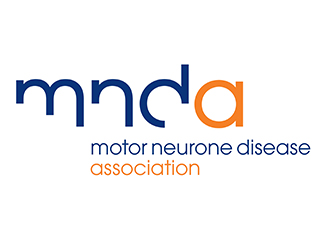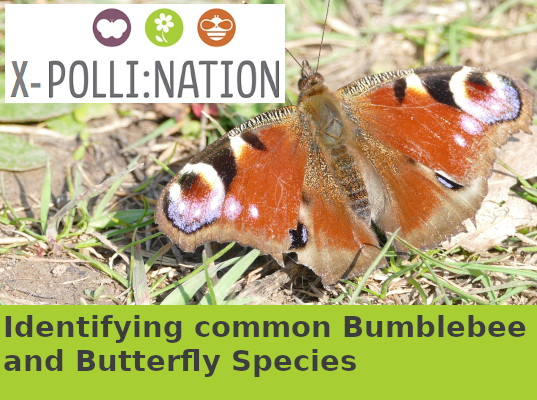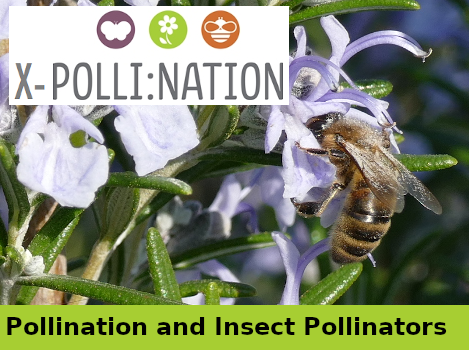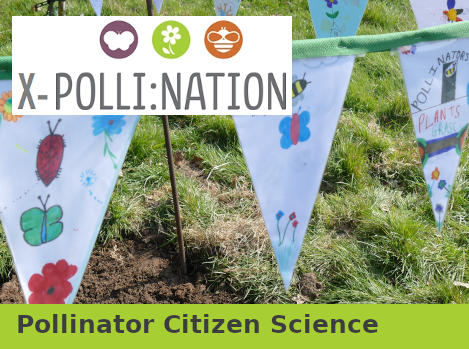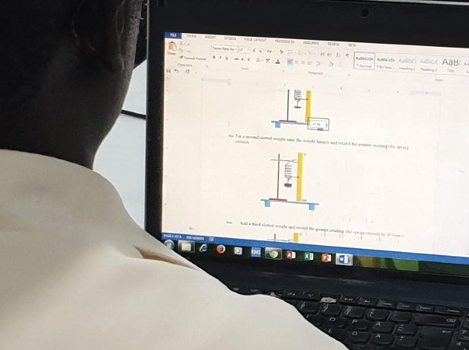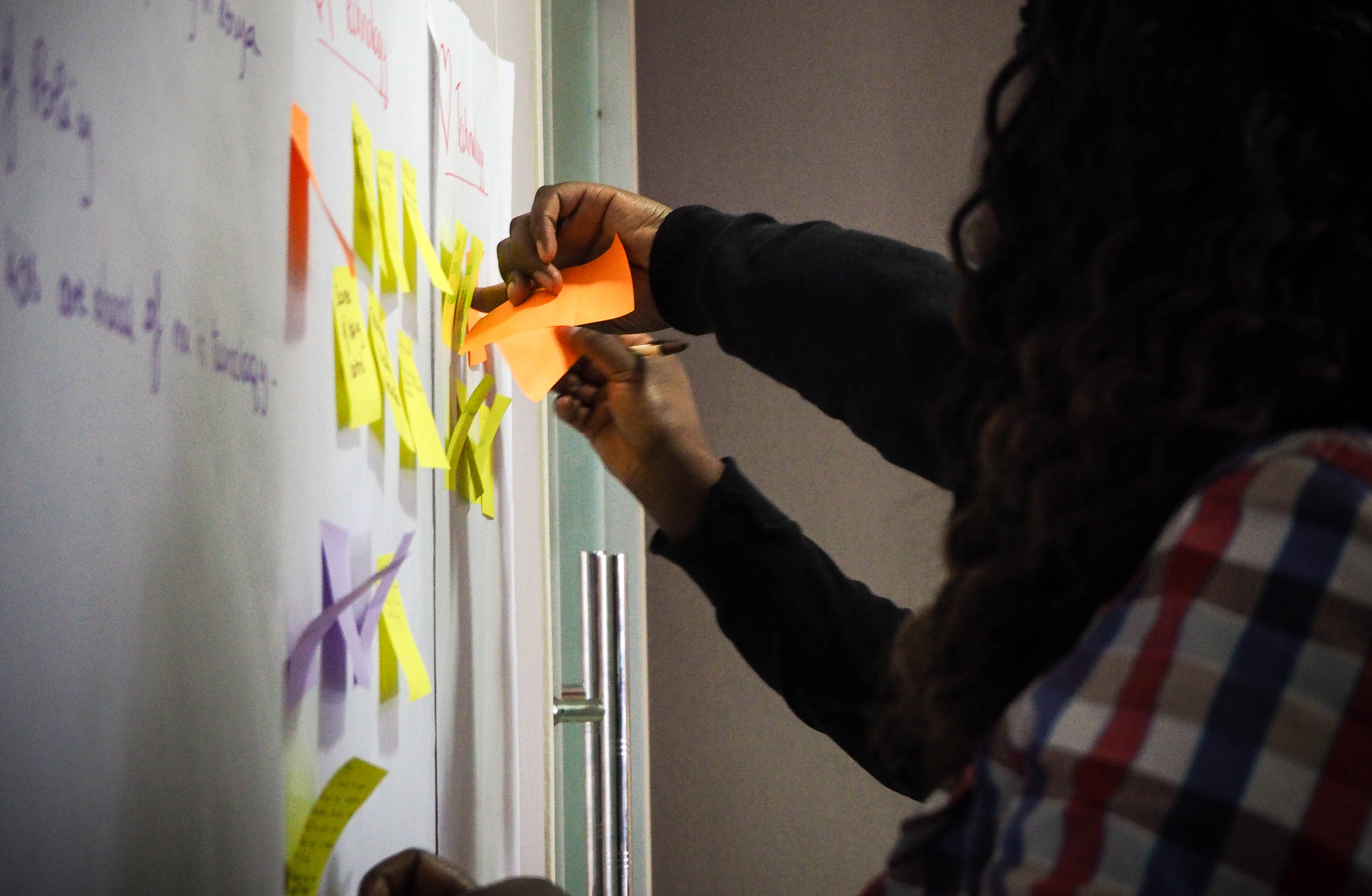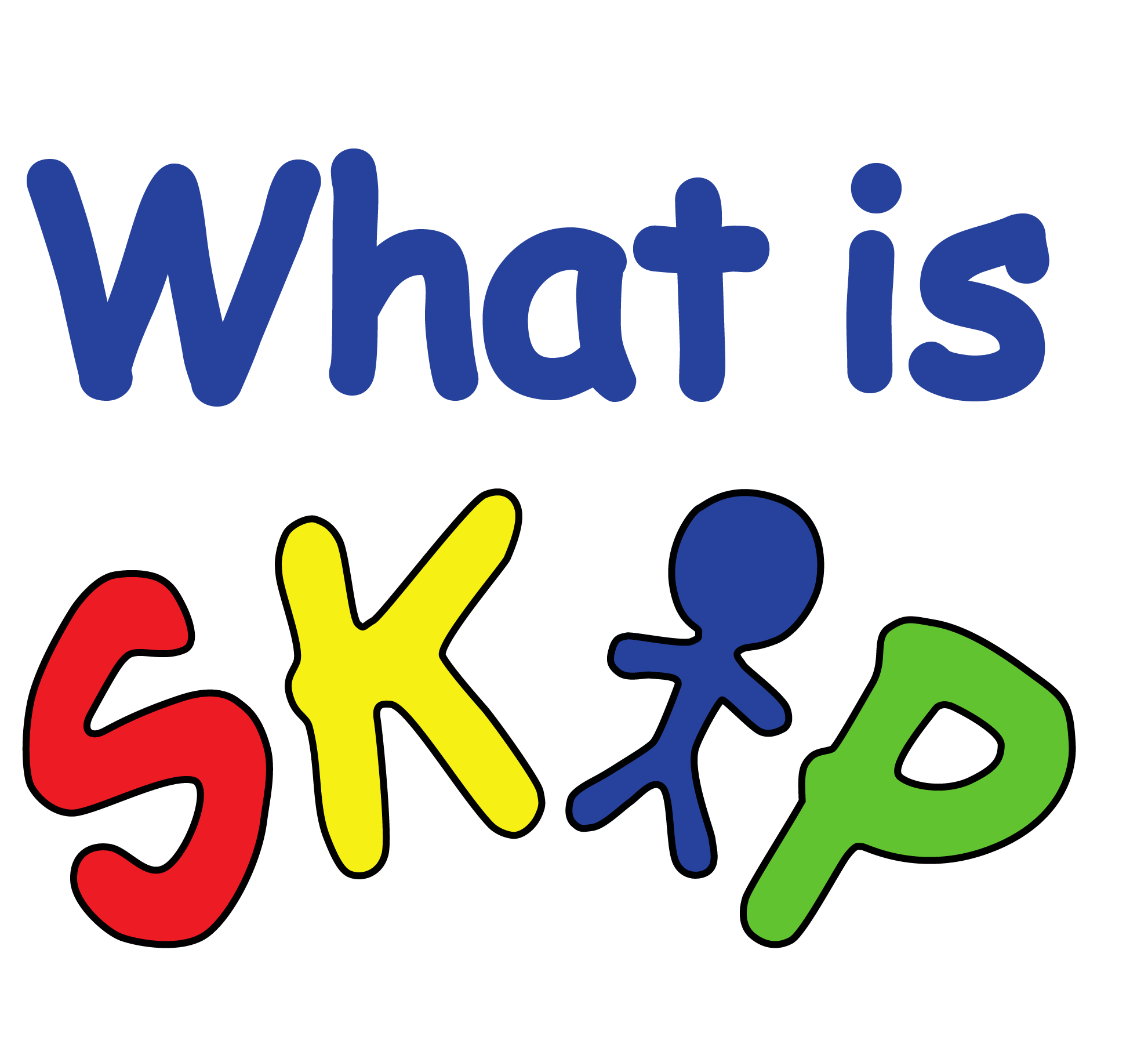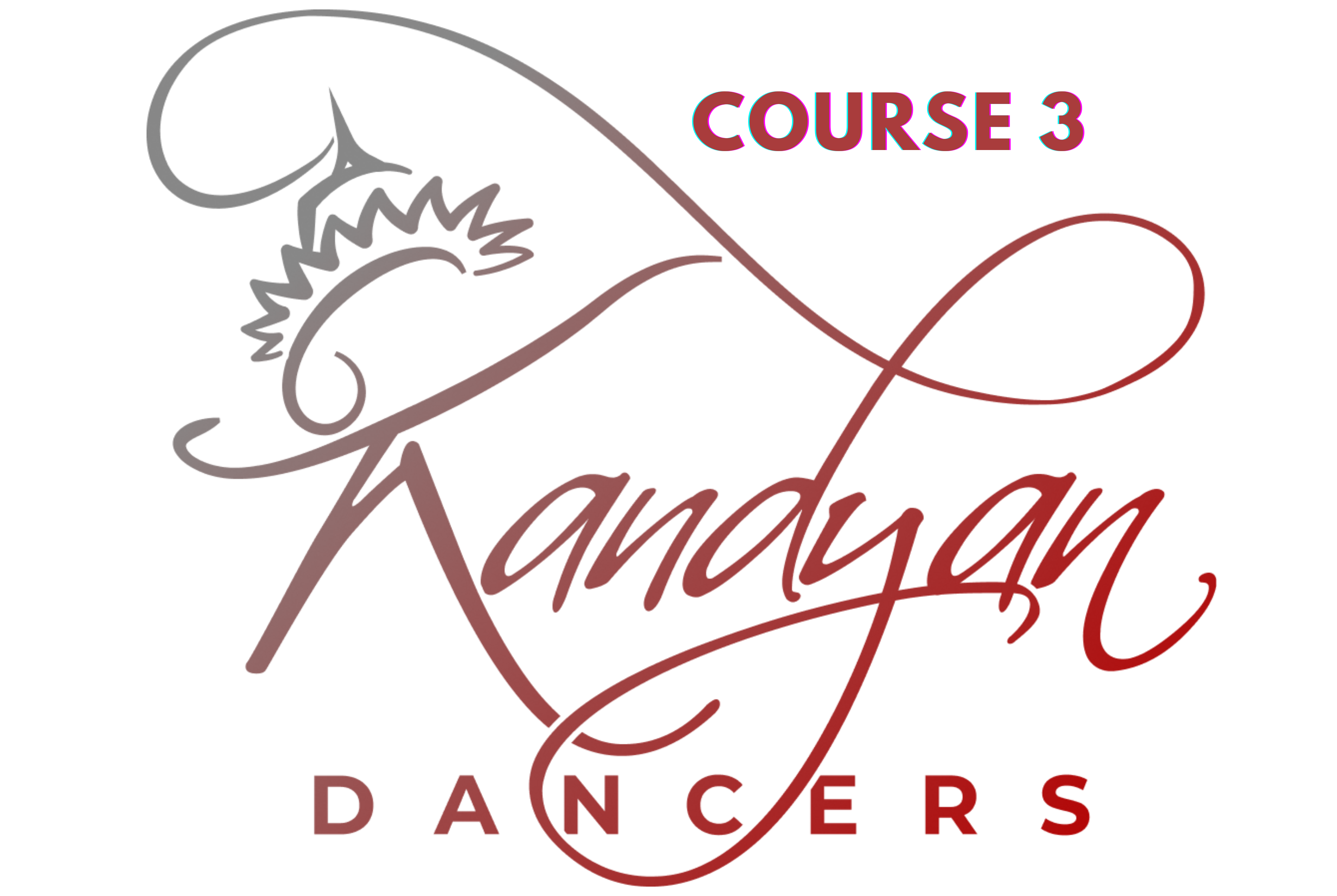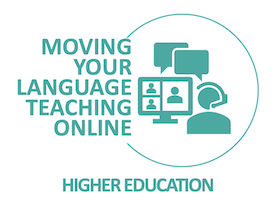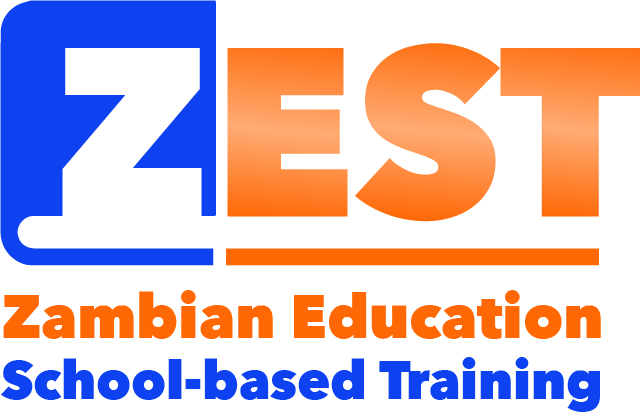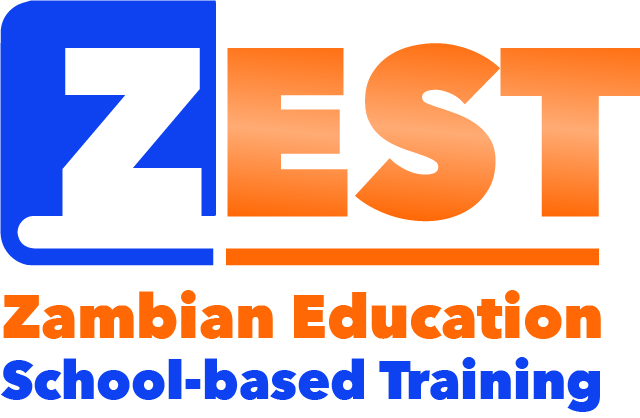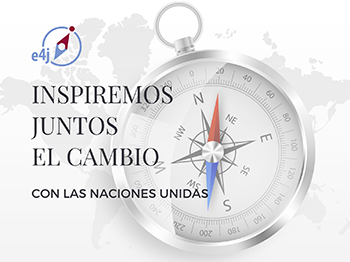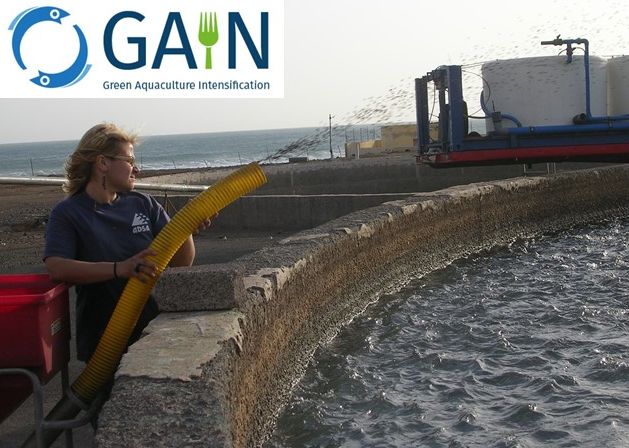-
-
An introduction to leadership for school governors (Wales)
This free course, An Introduction to Leadership for Governors, provides a brief introduction to the field of educational leadership. This Badged Open Course is part of a collection of training resources for school governors in Wales.
Course
5 hrs
-
Gwaith Tîm: Hyfforddiant i Lywodraethwyr
Mae llywodraethwyr yn chwarae rôl hanfodol yn y system addysg yng Nghymru fel rhan o waith tîm ehangach tuag at yr un nod: sicrhau bod plant yng Nghymru yn cael addysg ardderchog.
Course
5 hrs
-
Teamwork: an introduction for school governors (Wales)
This course will introduce you to the importance of teams and partnership in an educational context. This Badged Open Course is part of a collection of training resources for school governors in Wales.
Course
5 hrs
-
Addysg gynhwysol: deall yr hyn a olygwn
Ni waeth pa ysgol y byddwch yn eich canfod eich hun ynddi, bydd y ffordd y mae'n ymdrin ag addysg gynhwysol yn ffactor bwysig wrth bennu diwylliant ei hamgylchedd dysgu ac addysgu.
Course
5 hrs
-
-
Multi-disciplinary Working - making it effective for Motor Neurone Disease
In this module you will examine multidisciplinary working and consider its benefits and challenges. You will be encouraged to consider multidisciplinary team (MDT) working in your own work environment and to develop responses in your own practice and the wider team to enhance its performance. For care to be effective the patient experience should be positive: you will hear directly from people affected by MND. You will explore your ideas, findings and opinions with a community of students. The course has been accredited by the following organisations: ACPRC – Association of Chartered Physiotherapists in Respiratory Care RCSLT – Royal College of Speech and Language Therapy BDA – British Dietetic Association Association of Palliative Care Social Workers
Course
8 hrs
-
MND Association's Care Worker's Module
Welcome to the MND Association's Care Worker's Module, which was jointly developed by the MND Association and The University of Northampton. Please note: The purpose of this module is to introduce you to the issues surrounding the care for people living with MND and discusses equipment and procedures you may encounter in this role. Actual equipment and techniques that you use during formal training will vary. Completing this module does not qualify you to carry out any medical procedures but will help you to understand the environment you will be working in.
Course
8 hrs
-
Supporting People with MND using acceptance and commitment therapy (ACT)
This 12-week course introduces Acceptance and Commitment Therapy (ACT) as a proven and practical intervention to support individuals living with motor neurone disease (MND). Designed specifically for qualified psychologists, the course provides a deep dive into the ACT model, with a focus on its application to the unique challenges faced by people with MND.
Course
27 hrs
-
-
-
-
-
-
-
Child Safeguarding in SKIP
This hour long course will explain why it is important to know about child safeguarding in SKIP, how to recognise a child safeguarding incident and how to report an incident appropriately within the organisation.
Course
1 hr
-
-
Kandyan Dance III
In this course, you will learn about Vannam dances, extensions of Sri Lanka's most traditional dance form, Kandyan. You will explore the history of Vannam dances, its components and learn the Kavi (lyrical poems) of the 18 principle Vannam.
Course
2 hrs
-
Kandyan Dance II
In this course, you will gain an in-depth understanding of Sri Lanka's most traditional dance form, Kandyan. Basic terminologies used in Kandyan dance and it's commonly followed learning structure by dance practitioners will also be thoroughly explored here.
Course
2 hrs
-
Kandyan Dance
An introduction to Sri Lanka's most traditional dance form: Kandyan. In this course, you will learn about Kandyan dance, gain a basic understanding to it's rich history and practices as well as terminologies associated with the dance.
Course
1 hr
-
-
-
Moving your language teaching online - a toolkit
A toolkit produced by the Open University School of Languages and Applied linguistics to support higher education language teachers moving their language teaching online.
Guide
2 hrs
-
-
-
Active teaching and learning for Africa: Getting started
This course is part of an SBCPD programme developed in Zambia in collaboration with the Ministry of General Education, supported by The Open University (UK) and World Vision Zambia, and funded by The Scottish Government.
Course
1 hr
-
Active teaching and learning for Africa (1): Classroom management for learner-centred teaching
This course explores how to manage classrooms using principles of learner-centred education as part of a school-based continuing professional development programme for Africa.
Course
12 hrs
-
Active teaching and learning for Africa (4): Managing and supporting learner-centred classrooms
This course continues to explore managing and supporting learner-centred classrooms with specific resources as part of a school-based continuing professional development programme for Africa.
Course
12 hrs
-
Active teaching and learning for Africa (5): Supporting literacy across the curriculum
This course explores how you can support reading and writing across the curriculum as part of a school-based continuing professional development programme for Africa.
Course
12 hrs
-
Active teaching and learning for Africa (6): Being a reflective practitioner
This course explores how you can reflect on your practice to improve ways of working as part of a school-based continuing professional development programme for Africa.
Course
12 hrs
-
ZEST Research and Impact
Research papers and associated articles relating to this enhanced SPRINT school-based continuing professional development (SBCPD) programme which supports active teaching and learning in line with the Zambian revised school curriculum.
Material
24 hrs
-
-
-
Implementing the United Nations Education for Justice (E4J) initiative in your university
This course provides an accessible and engaging introduction to the teaching methods and ethical concepts underpinning the United Nations’ Education for Justice (E4J) initiative. It is intended to provide practical support for educators working in universities and to develop their capacity to incorporate anti-corruption, integrity and ethics teaching into the curriculum.
Course
5 hrs
-
La implementación de la iniciativa Educación para la Justicia (E4J) de las Naciones Unidas en tu Universidad
Este curso ofrece una introducción accesible e interesante a los métodos de enseñanza y los conceptos éticos que sustentan la iniciativa Educación para la Justicia (E4J) de las Naciones Unidas. Su propósito es proporcionar un apoyo práctico a las y los docentes que trabajan en las universidades, desarrollando su capacidad de incorporar formación sobre anticorrupción, integridad y ética en el plan de estudios.
Course
5 hrs
-
-
-
1 Core Concepts
Engaging all members, voices and opinions within a community is vitally important when developing solutions to social and environmental challenges the community face. This unit discusses the core concepts behind how you engage with your wider community or engage with another community to identify solutions. The most effective community solutions are ones that benefit the community, are fair and do not impact negatively on the environment. The aims of this unit are to introduce the following: how to follow an action learning approach to engagement and management; why community engagement is important and approaches to successful engagement; the concept of community owned solutions; and how to determine impact.
Course
4 hrs
-
2 Participatory Techniques
Participatory techniques are particularly important when engaging with your community or another community. They allow all voices, opinions and practices to be shared from all different sections of the community.
Course
5 hrs
-
3 Digital Skills
Digital skills are important to be able to use the range of technologies we have available for collecting, organising, processing and sharing data. They include having a basic understanding of digital technologies including mobile devices and computers, being able to use a range of software applications and having an awareness of how to use digital devices safely and ethically.
Course
5 hrs
-
4 Environmental Monitoring Techniques
Environmental monitoring is a way of understanding the current condition and any changes that occur in the environment. Environmental change can occur to water, the land, the air, to plants and animals. Understanding environmental condition and changes can help support management activities, support policy development and its implementation, and develop information for sharing with the community, government and the wider public. The aim of this unit is to introduce why it is important to collect environmental data, some of the different methods that can be used, how to plan a monitoring study and how to analyse and share the information.
Course
2 hrs
-
5 Community Monitoring
Community monitoring is monitoring developed and carried out by communities themselves. Widespread participation of community members is encouraged in the design, execution, reporting and evaluation of the monitoring programme (discussed in Unit 4). The aims of this unit are to introduce the benefits of using a community approach when developing a monitoring programme and to provide guidance on how to plan, act, observe and evaluate it.
Course
2 hrs
-
6 Community Wetland Management
Water and wetlands are fundamental to life. How we interact with them and the management approaches we adopt can impact our health and well-being, and the environment. Community management is the implementation of a management approach that provides a solution to social and environmental challenges the community faces. It is developed and carried out by a community themselves. Identifying the most robust community management approaches is important. We call these approaches community owned solutions as they benefit the community, are fair and do not impact negatively on the environment. The aims of this unit are to examine our relationship with water and wetlands, to introduce community management, discuss how to identify community owned solutions and look at how to implement and evaluate community owned solutions.
Course
3 hrs
-
7 Integrating community monitoring and management into frameworks of policy and management
The aims of this unit are to provide guidance on how to successfully engage with policy makers to enable community management and monitoring findings to be used in policy and management frameworks and decision making. It is appropriate for both community members and institutional staff.
Course
3 hrs
-
-
-
Introduction to the GAIN Project and Courses
This free course provides an overview of ecological intensification as it applies to aquaculture, explaining why it is crucial for the future of fish and shellfish production, and how the EU GAIN project intend to support its implementation.
Course
1 hr
-
My OpenLearn Create Profile
- Personalise your OpenLearn profile
- Save Your favourite content
- Get recognition for your learning
Already Registered?









